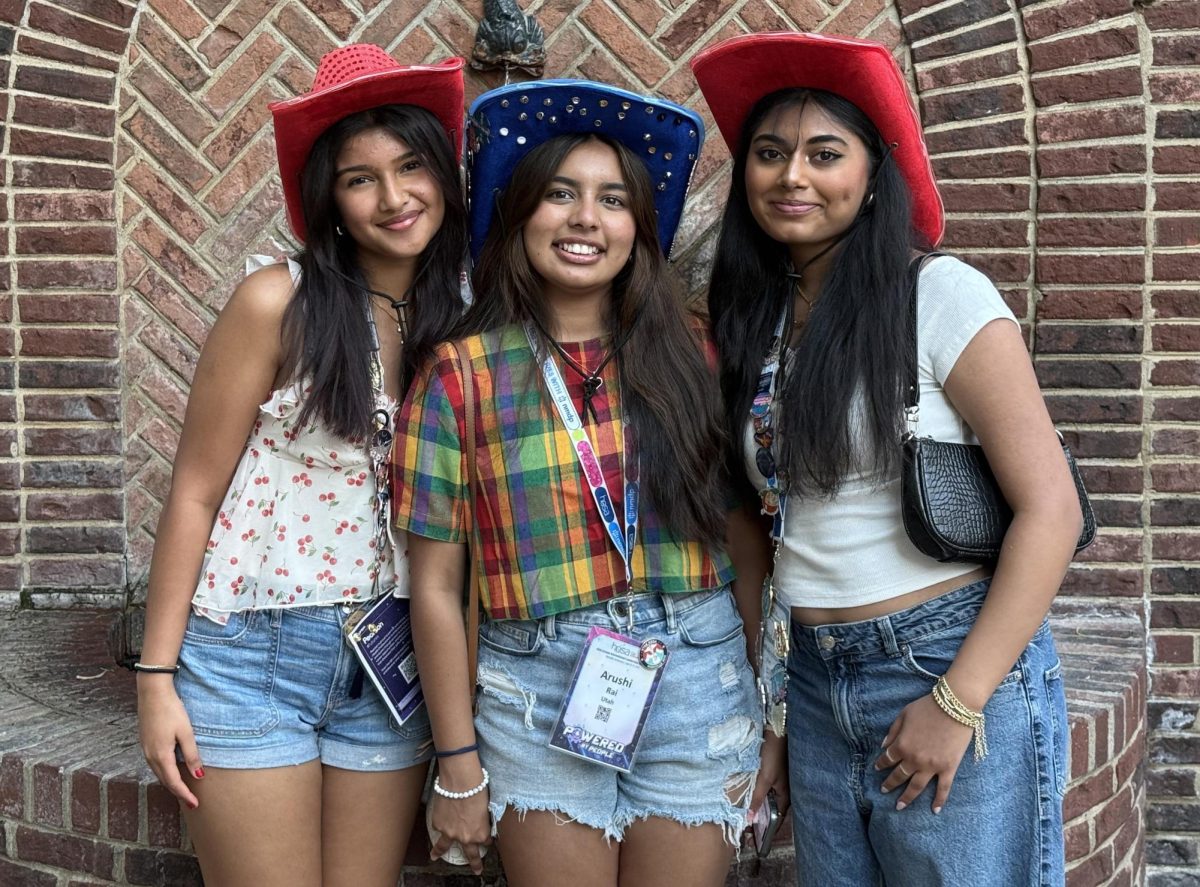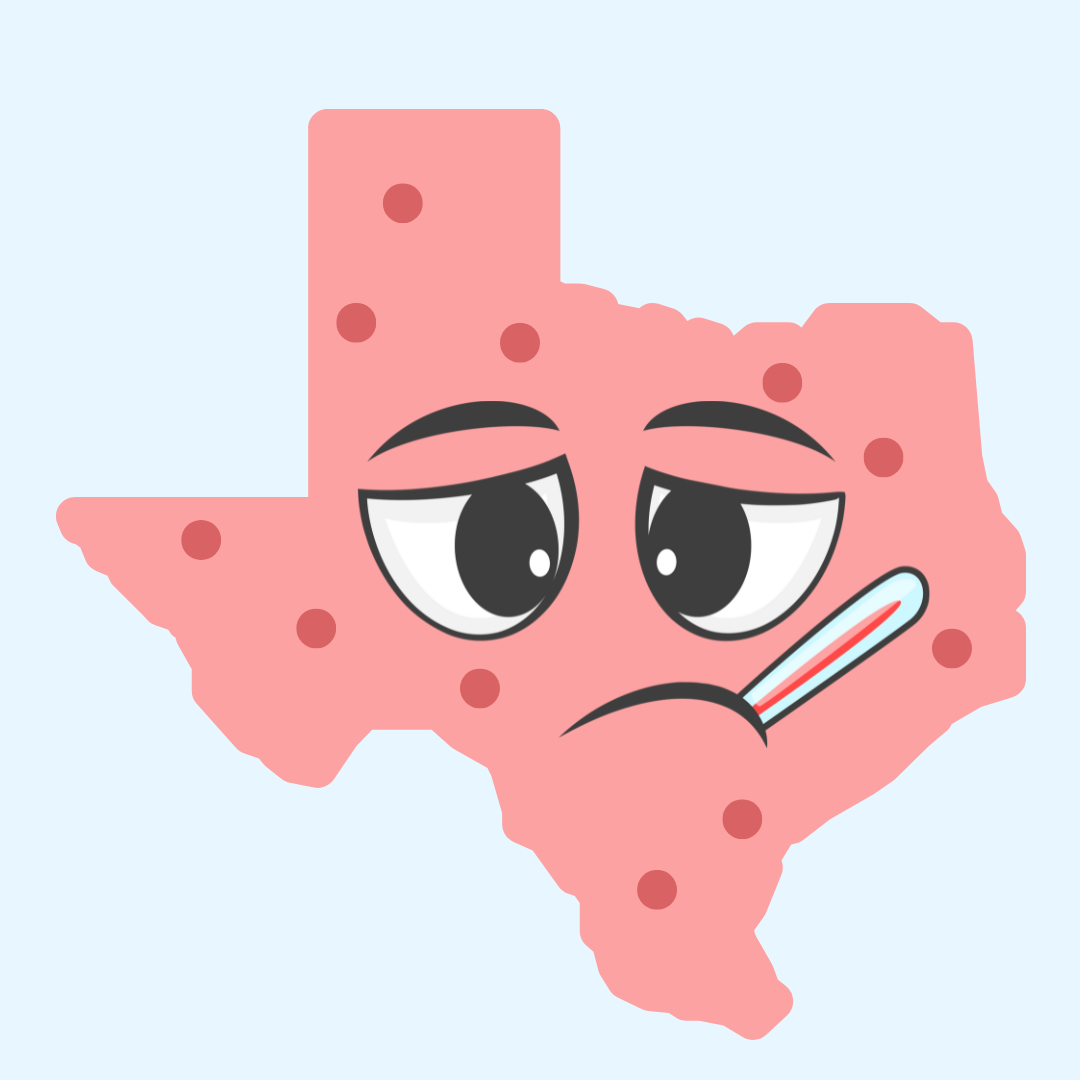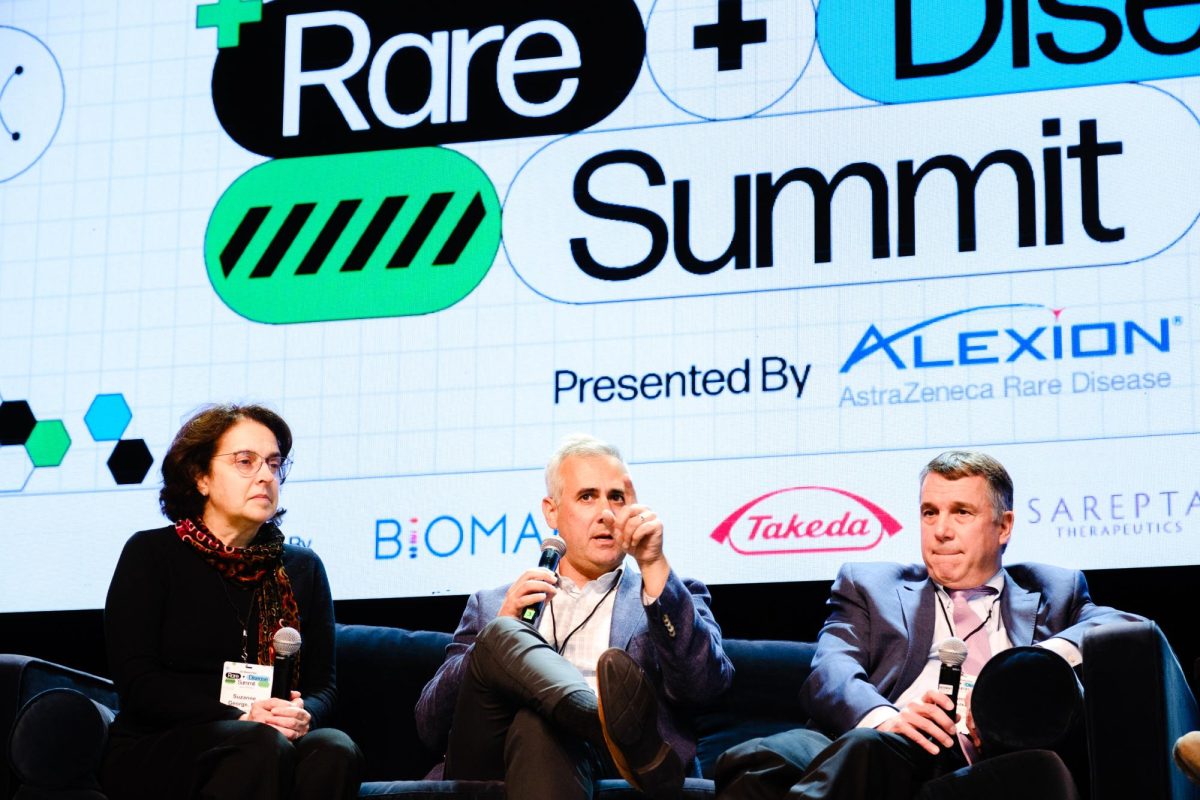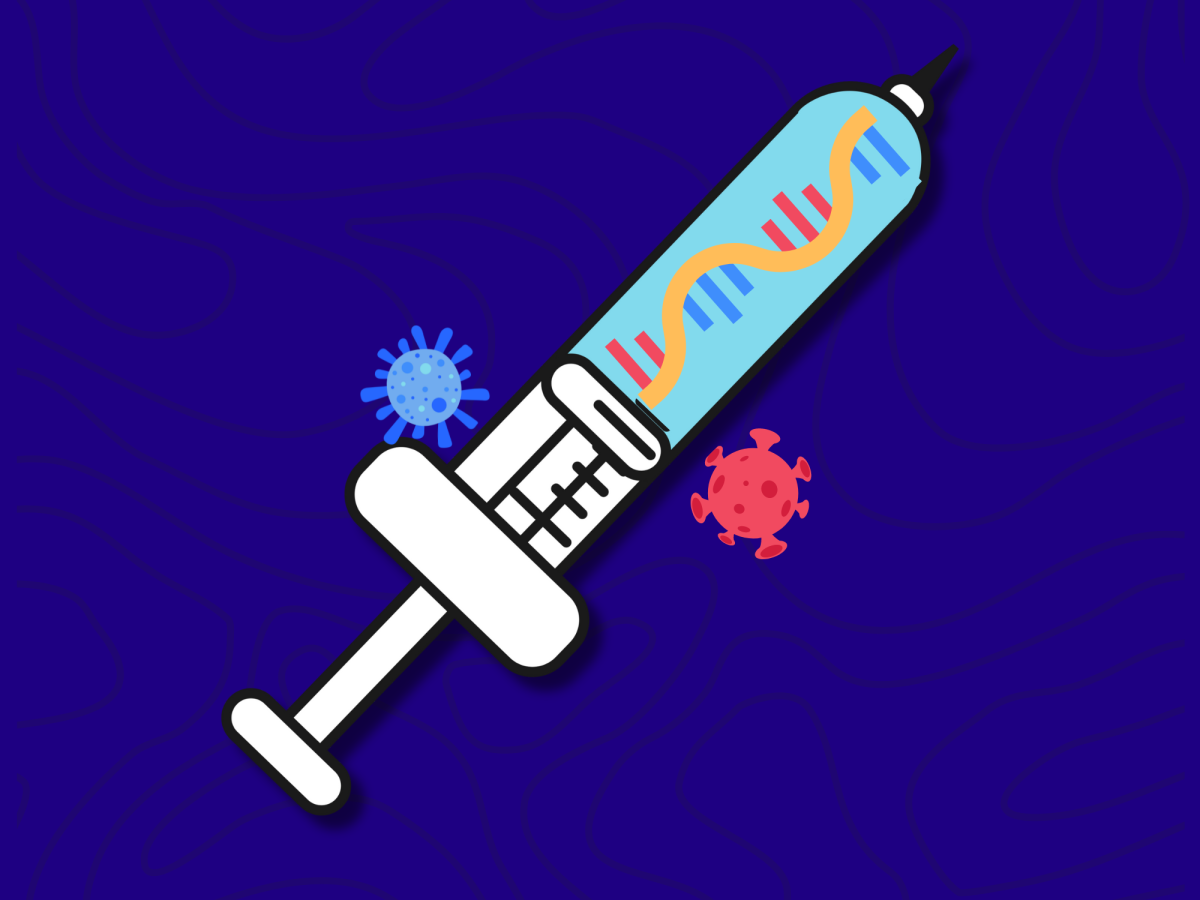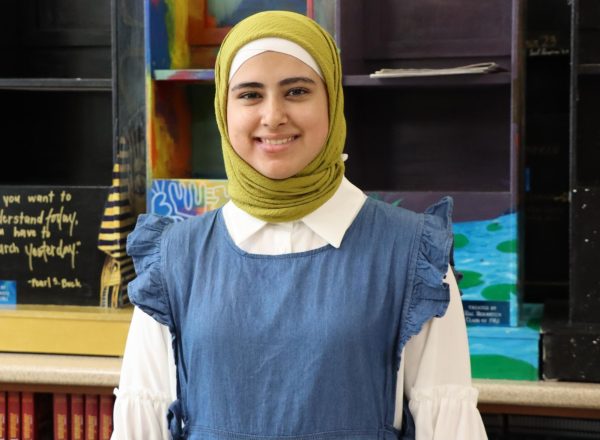Jenesis-Faith Dela Cruz, a high school graduate, has lived her whole life in the crime-stricken neighborhood of Honolulu known as Kalihi. Her community’s needs push her toward the medical field, but internships and other opportunities to explore the healthcare system are unattainable for many.
“[Though] healthcare is a widely popular field to study [and] internships are extremely competitive, we’re considered a medical desert, as students find so many opportunities in America that they don’t come back,” Dela Cruz said. “HOSA is my only outlet to the healthcare field.”
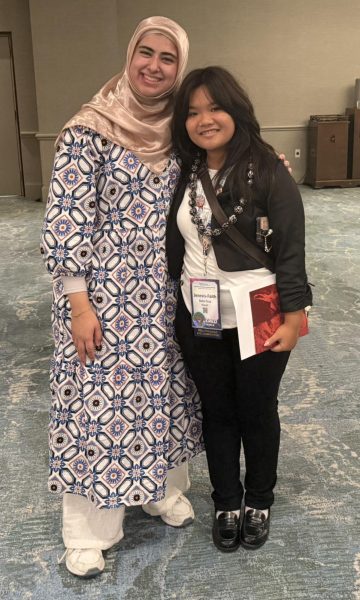
Healthcare Occupation Students of America (HOSA) is an international organization with more than 4,000 chapters in schools and colleges. It aims to empower future health professionals to “become leaders in the global health community,” as mentioned in its mission statement.
“[HOSA] can be a step into the adult world, [but] in my high school, no one takes it seriously,” Dela Cruz said. “There’s an obvious difference in skill and passion in the students [at the ILC conference], and passion is based on the support and resources your school provides.”
Dela Cruz attended the 48th annual HOSA-Future Healthcare Professionals International Leadership Conference (ILC), which was attended by more than 13,000 students, advisors, and healthcare professionals at the Gaylord Opryland Convention Center in Nashville, from June 18-21, 2025.
HOSA chapters give students the chance to develop leadership and professional skills through the events, activities, and opportunities individual HOSA chapters initiate. They also let students test specific healthcare-related skills through regional, state, and international conferences.
Douglas (Ariz.) High School has a strong HOSA program, with four HOSA chapters, as well as HOSA-specific classes integrated into the curriculum. Its program partners with many organizations, such as American Red Cross and NMPD to offer volunteer and internship opportunities for students.
Nina Nelson, a registered nurse and wife of HOSA advisor Mitch Nelson, has firsthand seen its impact on the students who ended up working with her after being involved with the HOSA program at DHS. She said students practiced better etiquette and leadership skills, and overall became better professionals.
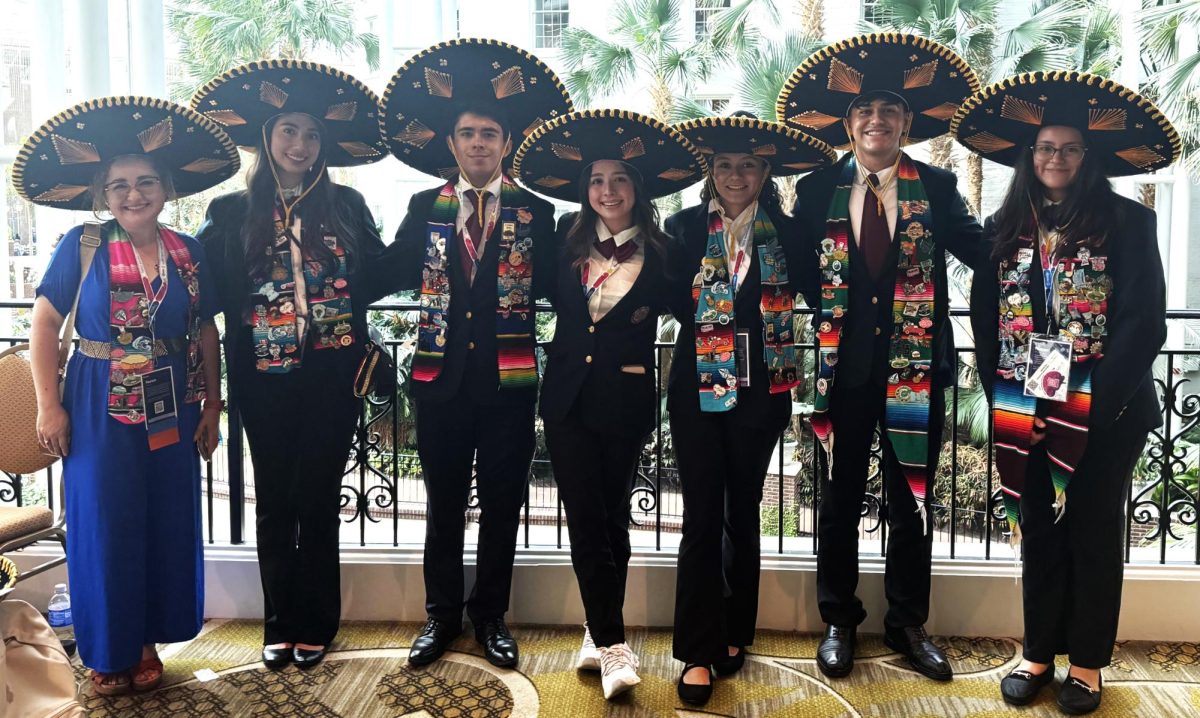
DHS students also have unique cultural identities, which one of their HOSA chapters displayed throughout the ILC.
“We are right on the Border of Arizona and Mexico, basically [with] two feet and two countries,” Nina Nelson said. “[So the students] decided to celebrate the heritage by bringing our spirit items, sombreros, and sarape sashes, to celebrate the nationality.”
Mitch Nelson has been an advisor for these students for more than a decade. Advisors play a big part in the effectiveness of a HOSA chapter, he said.
“You can play two roles [as an advisor],” Mitch Nelson said. “You can either play an active role and participate and get to know students, or you can just play a background role. If the advisor is more outgoing, it helps the students then become more competent.”
Paired with an involved advisor, effective student leadership also contributes to a HOSA chapter’s impact. Arushi Rai and Nithila Radhakrishnan will serve as co-presidents of the HOSA chapter of Skyline High School in Salt Lake City next school year after holding various other leadership positions. The pair has big goals for their term.
“We plan on expanding the club and [having] a bigger outreach,” Rai said. “Our HOSA [does a lot of] local community involvement. We did a service event where we stitched blankets for hospitals, and other volunteer events throughout the year.”
Involved student leadership creates a more engaging and enjoyable experience for student members. Joshika Koneti’s HOSA chapter at Novi (Mich.) High School explored Nashville before the conference, creating experiences that would not have been possible without student leadership and advisor coordination.
“I really like music, so it was an amazing experience because [in] every bar or restaurant, the windows were all open, you could hear bands and music, and it was just so cool to stand there and watch,” Koneti said. “We also went line dancing with my school. We danced for two hours straight.”
During the ILC, HOSA-Future Healthcare Professionals organized dozens of educational sessions and workshops for members and advisors, as well as an awards ceremony for competitive event winners.
Pin trading is a big contributor to the culture of the ILC, creating camaraderie and a sense of community. Each student received 2025 pins from their state or country, displaying unique designs specific to that region, which they shared and traded with others to build their own unique, geographically diverse collection.
“It was really nice to talk to random people, [knowing] you’ll probably never see them again,” Koneti said. “I just talked to some random person from China and New Jersey and heard about their experiences.”
The ILC allows students to break out of their comfort zones and learn more about the medical field and themselves.
“I wasn’t expecting to come out of my shell as much as I could,” Dela Cruz said. “I’m thinking a lot about my future and meeting new people, but still finding my voice. It’s hard to find that in such a government of uncertainty, a future of uncertainty, and I think that HOSA is really building up my confidence in stepping out.”
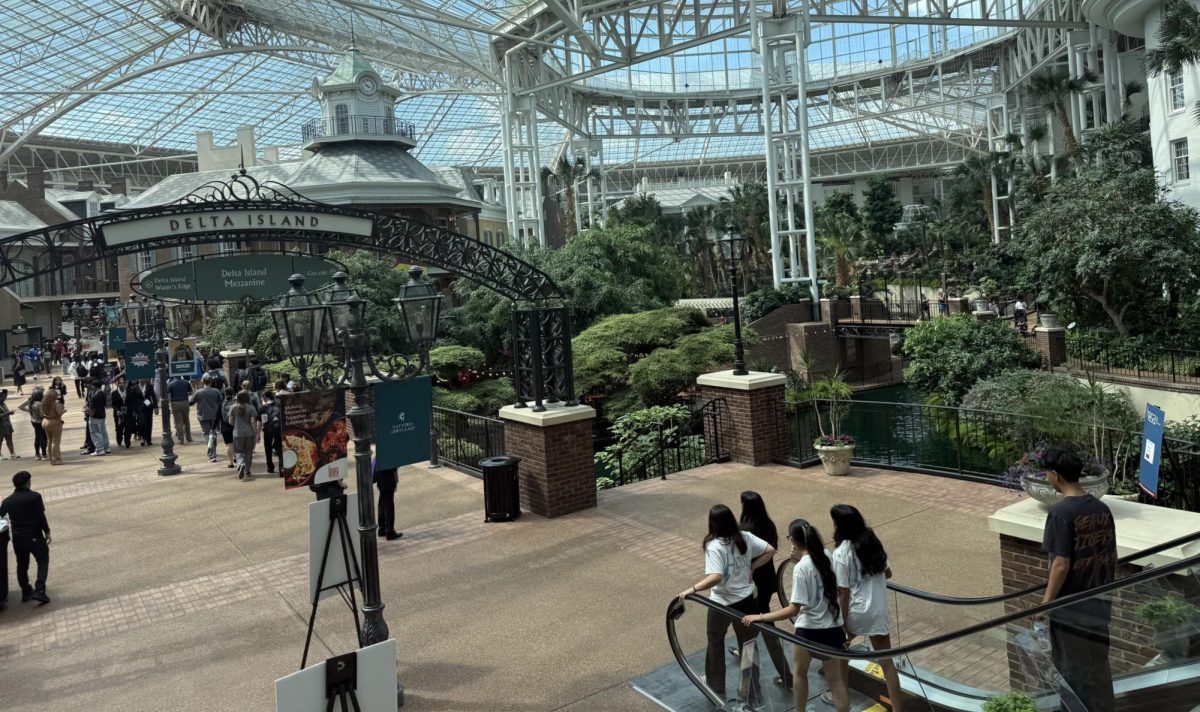
–July 6, 2025–


